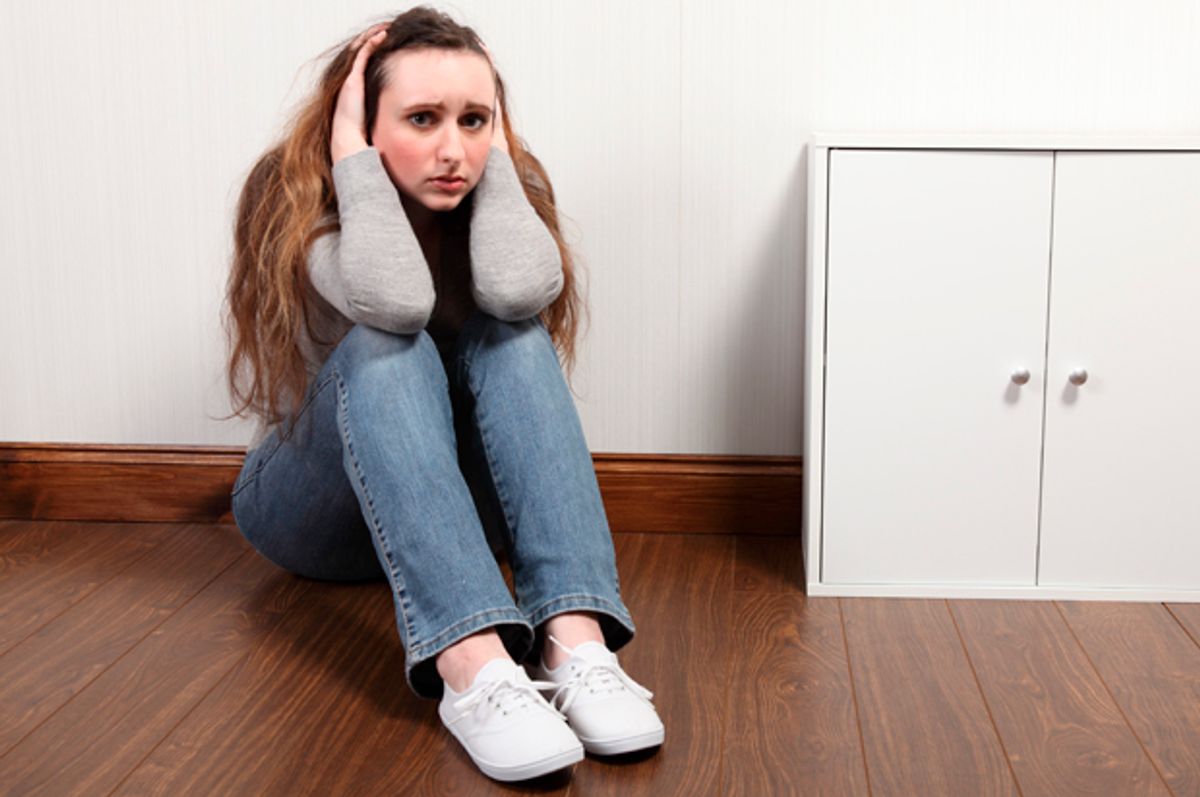I grew up being told I could change the world. Hard work, perseverance and compassion for others, I was told, were necessary for me to make a positive difference in the world. I grew up with the knowledge that all my dreams could come true, and last night confirmed the reality of one of my greatest nightmares — the threat of my freedom and safety forcibly removed, one pussy-grabbing vote at a time.
I’ve struggled to find my thoughts and sort my feelings over the last 12 hours. Shock, disappointment and fear intertwine with anger and disgust in what seems to be a new state of being that's now as deeply part of me as strands of DNA.
I suspect a new state of unease will chase my shadow for the foreseeable future, at least for the next four years. The same unease I feel when a man catcalls me on the street, instructs me to smile or doesn’t take “no” for an answer. The difference is now this fear is real and embodied in the new leader of the free world.
In writing this, I struggle to comprehend the loss. The loss of ideals I’ve grown up with; a sense of purpose as a journalist writing about issues that matter to me; the loss of my peace of mind.
According to psychology, what I’m experiencing is grief: the psycho-emotional state that follows loss.
This experience has been studied by scientists who have found no specific time frame for the duration of grief but have identified components that contribute to the grieving process. Dr. Sidney Zisook at the University of California San Diego has made meaningful strides in defining four major components of grief:
First comes a period of separation distress composed of mixed emotions including anxiety, despair, shame, helplessness, anger and isolation. Next arrives traumatic distress, which features various states of shock and violent crashes of emotions. Once these feelings subside, a person might be subject to undulating waves of guilt, remorse and regret that are eventually followed by social withdrawal and symptoms similar to depression.
Anybody else struggle to get out of bed or interact in public today? Me, too.
Science is also shedding light on acute and prolonged stages of grief. Based on the research, I think myself and others might be going through a prolonged sense of grief, which is a state defined by near emotional paralysis. Beliefs in this form of grief include feeling as though you’ll never be the same (check), excessive guilt, anguish or anger (check, check), a persistent sense of disbelief (obviously) and moral indignation (absolutely).
There’s some research available to mitigate the symptoms of grief like staying physically healthy and active, trying to find meaning — blah, blah, blah. Forgive me, but today I feel too overwhelmed, exhausted and betrayed to offer platitudes like “keep your head up.”
One piece of advice that I have found helpful is to not judge myself for feeling this way. My feelings, thoughts and body are valid — whether our new political leaders believe it or not — and that’s not something to be dismissed.
I hate to write that many of us are in a collective state of grief, but here we are. For what it’s worth, I hope you’re OK.



Shares